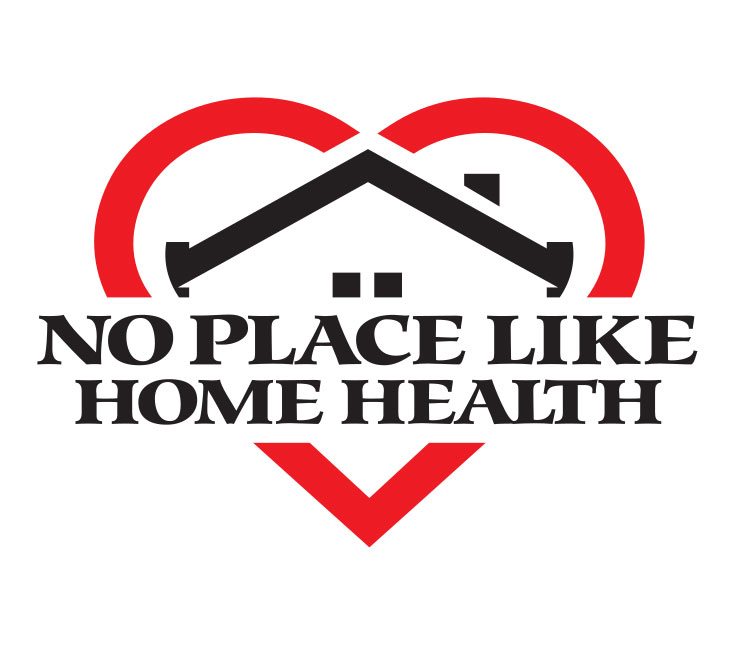Senior & Health Issues
Recognizing Stress in Elderly Relatives
Senior Care in Northville MI: Everyone experiences stress in their lifetime, from children to elderly adults. Sometimes it is just for a short amount of time and sometimes it becomes a chronic condition that affects the health.
Read MoreHow Can You Make it Easier for You to Care for Yourself and Your Senior?
Single-digit and below-zero temperatures make winter difficult to handle in many U.S. states. When these arctic blasts occur, it’s important to keep seniors safe.
Read MoreTips for Helping a Senior with Heart Failure Cope with Loss of Appetite
Elderly Care in Novi MI: When you hear that your aging parent is living with heart failure, it is easy to think that your parent will only be experiencing symptoms related to their cardiovascular system that you can readily identify, such as increased heart rate. As a family caregiver, however, it is important to recognize that there are more symptoms that your parent can experience and that some of these may seem strange.
Read MoreAging in Place, Are you Prepared?
No Place Like Home Health, LLC: No Place Like Home Health, LLC sponsored “Aging in Place, Are you Prepared?” which is designed to give an understanding of the necessary aspects of caring for someone aging in place. Information on caregivers and knowing what to expect on caregiving is provided by author Cecelia Salimone.
Read MoreAre There Ways to Stop an A-Fib Episode?
Elder Care in Farmington Hills MI: The Centers for Disease Control and Prevention (CDC) estimates that up to 6.1 million people in the United States suffer from atrial fibrillation, commonly known as A-Fib. A-Fib is a condition in which the heart beats irregularly. People who have A-Fib might describe an A-Fib episode as feeling like there is a fluttering in their chest, or like their heart is beating too fast.
Read MoreUnderstanding What Losing Independence is Like
No Place Like Home Health LLC: I’ve often had people ask me about working with elderly clients. While we get many questions one recently stood out to me. What is it like for your client to have to give up their independence and need help?
Read MoreWhich Fats are Part of a Heart Healthy Diet?
Home Care Services in Redford MI: You’ve no doubt heard that eating foods that contain fat is bad for you. It’s true that eating a healthy diet means avoiding some kinds of fats that can increase cholesterol levels, lead to weight gain, and cause all kinds of other health problems.
Read MoreWhat is Angina?
Home Care Services in Novi MI: Angina is not a condition, it is a symptom of a bigger problem—heart disease. A person with angina experiences pain, discomfort, or pressure in the chest. It may also cause uncomfortable feelings in the arms, jaw, neck, shoulders, or back.
Read More







